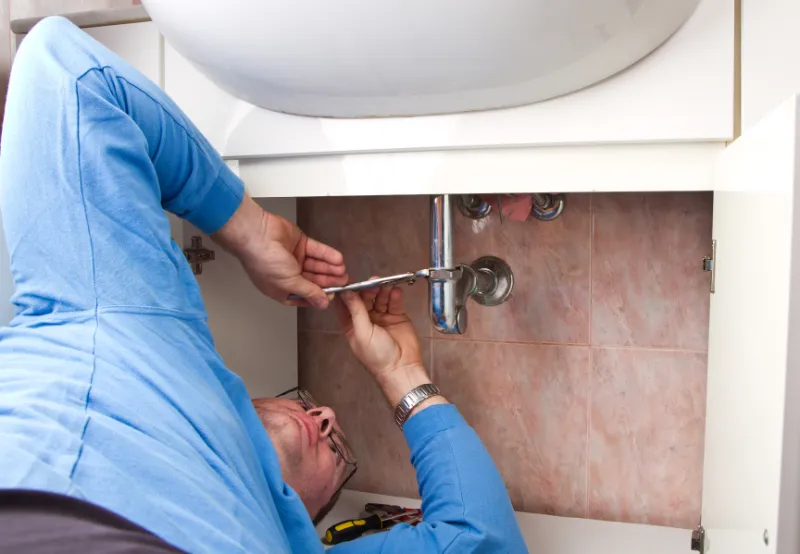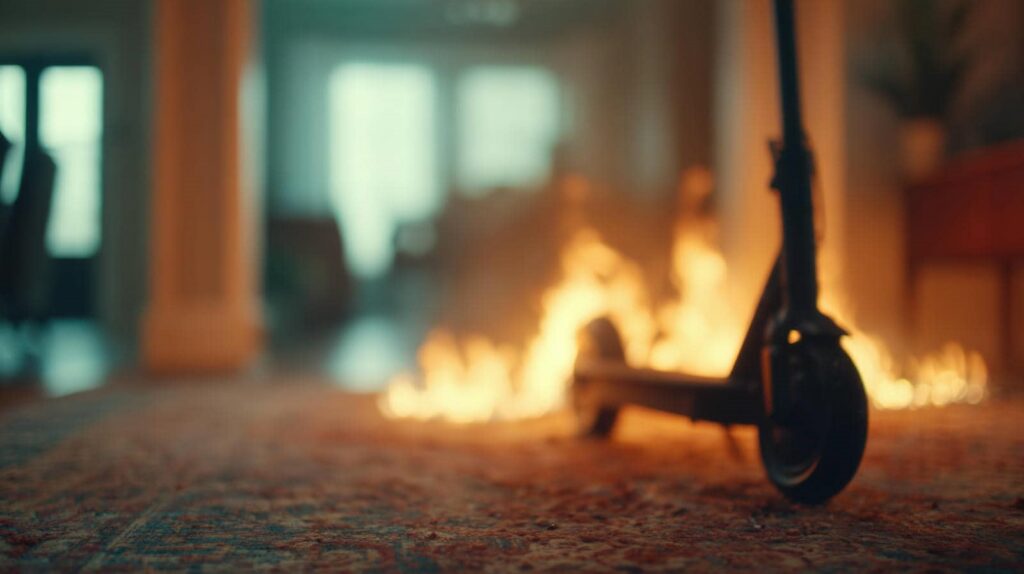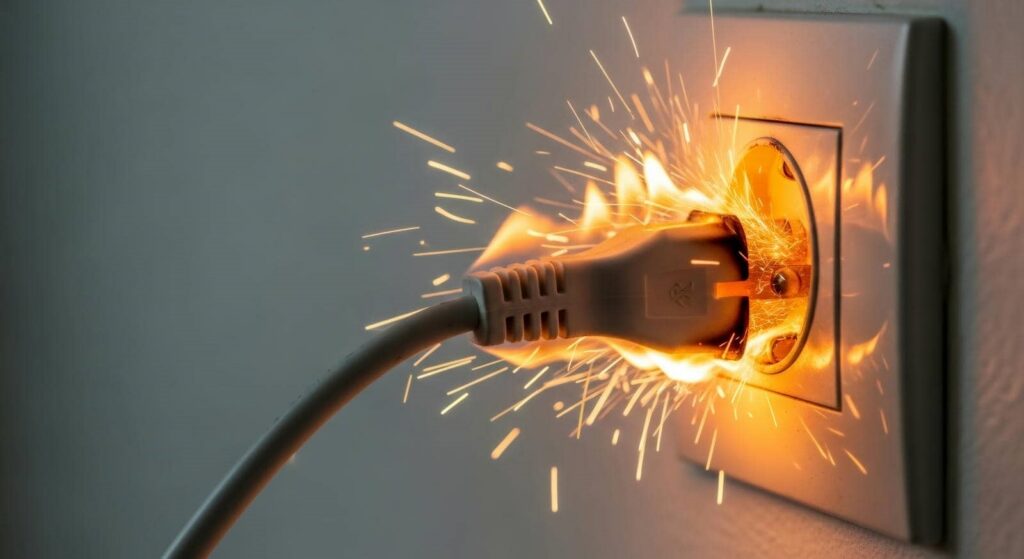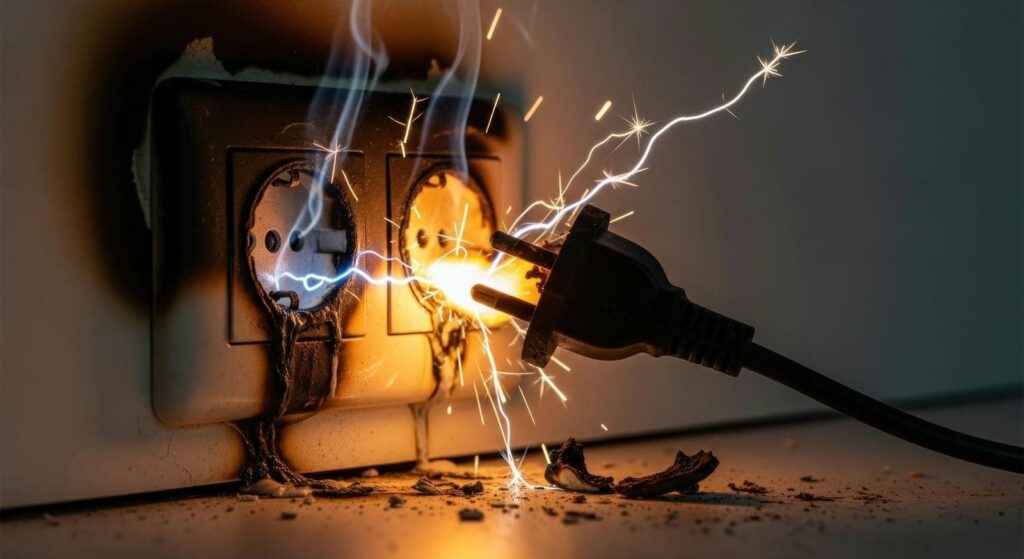Contents
Are you curious about the most common plumbing errors that can cause headaches in your home? Want to learn about common plumbing issues from DIY projects?
From faulty pipe installations to improper drainage system design, these mistakes can lead to costly repairs and inconveniences.
Don’t ignore the importance of leak detection and repair, and make sure your fixtures are installed correctly.
Plus, don’t forget to insulate your pipes properly to prevent freezing and bursting.
In this article, we’ll explore these common plumbing errors and how to avoid them.
Key Takeaways
- Faulty pipe installations can lead to leaks, water damage, and structural damage to your home.
- Improper drainage system design can result in clogs, backups, and sewer gas buildup.
- Inadequate pipe insulation can cause frozen pipes, water damage, and decreased system efficiency.
- Ignoring leak detection and repair can lead to further damage, mold growth, and decreased water pressure.
Faulty Pipe Installations
One of the most common plumbing errors you can make is installing pipes incorrectly. When it comes to serving others and providing quality plumbing services, it’s essential to ensure that pipe installations are done correctly. Faulty pipe installations can lead to a multitude of issues, such as leaks, water damage, and even structural damage to your home.
Improper pipe installation can result in leaks, which can cause extensive damage to your property. These leaks can lead to water seeping into walls, floors, and ceilings, causing mold growth and weakening the structure of your home. Additionally, leaks can waste a significant amount of water, contributing to water scarcity and higher utility bills.
Another consequence of faulty pipe installations is reduced water pressure. If pipes aren’t installed correctly, it can restrict the flow of water, resulting in low water pressure in your taps and showers. This can be frustrating for homeowners who rely on adequate water pressure for everyday tasks such as washing dishes, taking showers, or doing laundry.
Furthermore, incorrect pipe installations can lead to plumbing system failures. When pipes aren’t properly aligned or connected, it puts additional strain on the system, causing it to malfunction. This can result in frequent clogs, backups, and even burst pipes, leading to costly repairs and inconveniences for homeowners.
Improper Drainage System Design
To avoid common plumbing errors, ensure that your drainage system is properly designed and installed. A well-designed drainage system not only prevents water damage but also ensures the efficient flow of wastewater out of your home. Here are five important factors to consider when designing your drainage system:
- Proper slope: Your drainage pipes should have a slight slope to allow gravity to assist in the flow of wastewater. A slope of 1/4 inch per foot is generally recommended for horizontal drains.
- Adequate pipe size: Using pipes that are too small can lead to clogs and backups. Make sure to choose the appropriate pipe size based on the expected amount of wastewater and the fixtures being connected.
- Strategic venting: Proper venting is essential to prevent sewer gas buildup and maintain optimal drainage flow. Ensure that all fixtures are properly vented to the outside.
- Effective trap placement: Traps are important for preventing sewer gases from entering your home. They should be installed at each fixture and properly vented to ensure proper drainage and prevent clogs.
- Consideration of future needs: When designing your drainage system, think about any potential future renovations or additions. Planning ahead can help minimize the need for costly modifications later on.
By paying attention to these important aspects of drainage system design, you can avoid common plumbing errors and ensure a well-functioning and efficient system.
If you’re unsure about the design or installation process, it’s always a good idea to consult with a professional plumber who can provide expert guidance and assistance. Remember, a properly designed drainage system is key to maintaining a healthy and functional plumbing system in your home.
Inadequate Pipe Insulation
Ensure that you adequately insulate your pipes to prevent common plumbing errors and maintain the efficiency of your drainage system. Inadequate pipe insulation is a common issue that can lead to various problems in your plumbing system. By properly insulating your pipes, you can’t only save money on energy bills but also prevent potential damage and costly repairs.
One of the main reasons why pipe insulation is important is because it helps to prevent frozen pipes. During cold weather, uninsulated pipes are at risk of freezing, which can cause them to burst and lead to significant water damage. By insulating your pipes, you create a barrier that helps to keep the water inside them from freezing, ensuring that your plumbing system continues to function properly.
Inadequate pipe insulation can also result in heat loss from hot water pipes. When hot water travels through uninsulated pipes, it loses heat, resulting in higher energy bills. By insulating your hot water pipes, you can minimize heat loss and improve the overall efficiency of your water heating system.
Furthermore, pipe insulation can help to reduce condensation on cold water pipes. When cold water pipes are exposed to warm air, condensation can form on the surface, leading to moisture buildup and potential damage. Insulating these pipes can prevent condensation, protecting your plumbing system from moisture-related problems such as mold and corrosion.
Ignoring Leak Detection and Repair
Don’t ignore leak detection and repair if you want to avoid common plumbing errors. Taking care of leaks promptly can save you from potential damage and costly repairs down the line. Here are five reasons why leak detection and repair should be a priority for you:
- Prevent water damage: Leaks, no matter how small, can lead to water damage in your home. Ignoring them can result in mold growth, structural damage, and even compromised electrical systems. By addressing leaks promptly, you can prevent these issues and protect your property.
- Save money on water bills: Leaks waste water and can cause your water bills to skyrocket. By fixing leaks as soon as they’re detected, you can save money on your monthly water expenses.
- Preserve the environment: Conserving water isn’t only good for your wallet but also for the environment. By fixing leaks, you’re reducing water waste, which helps to ensure a sustainable future for our planet.
- Maintain water pressure: Leaks can decrease water pressure in your plumbing system, making it harder for you to perform daily tasks like showering or washing dishes. Repairing leaks will help to maintain optimal water pressure throughout your home.
- Prevent further damage: A small leak can quickly escalate into a major plumbing issue if left unattended. By addressing leaks promptly, you can prevent further damage to your pipes, fixtures, and other plumbing components.
Incorrect Fixture Installation
When it comes to avoiding common plumbing errors, one area that shouldn’t be overlooked is the correct installation of fixtures. Incorrect fixture installation can lead to a range of problems, including leaks, poor water pressure, and inefficient operation. To ensure that your fixtures are properly installed, it’s important to follow the manufacturer’s instructions and guidelines.
One common mistake people make when installing fixtures isn’t properly sealing the connections. This can result in leaks that can cause water damage and waste valuable resources. Make sure to use the appropriate sealant, such as plumber’s tape or pipe thread sealant, and tighten the connections securely to prevent any leaks.
Another error to avoid is over-tightening the fixtures. While it’s important to ensure a tight connection, over-tightening can damage the fixtures and cause leaks. Use a wrench or pliers to tighten the connections, but be careful not to apply excessive force.
Additionally, it’s crucial to align the fixtures correctly during installation. A misaligned fixture can result in uneven water flow and poor performance. Take the time to measure and align the fixtures properly to ensure optimal functionality.
Lastly, make sure to test the fixtures after installation. Turn on the water and check for any leaks or irregularities in water flow. If you notice any issues, make the necessary adjustments or seek professional help to resolve the problem.
Conclusion
In conclusion, it’s crucial to be aware of common plumbing errors to ensure the proper functioning and longevity of your plumbing system.
Faulty pipe installations, improper drainage system design, inadequate pipe insulation, ignoring leak detection and repair, and incorrect fixture installation can lead to costly repairs and damage to your property.
By being vigilant and addressing these issues promptly, you can avoid unnecessary expenses and maintain the efficiency of your plumbing system.




